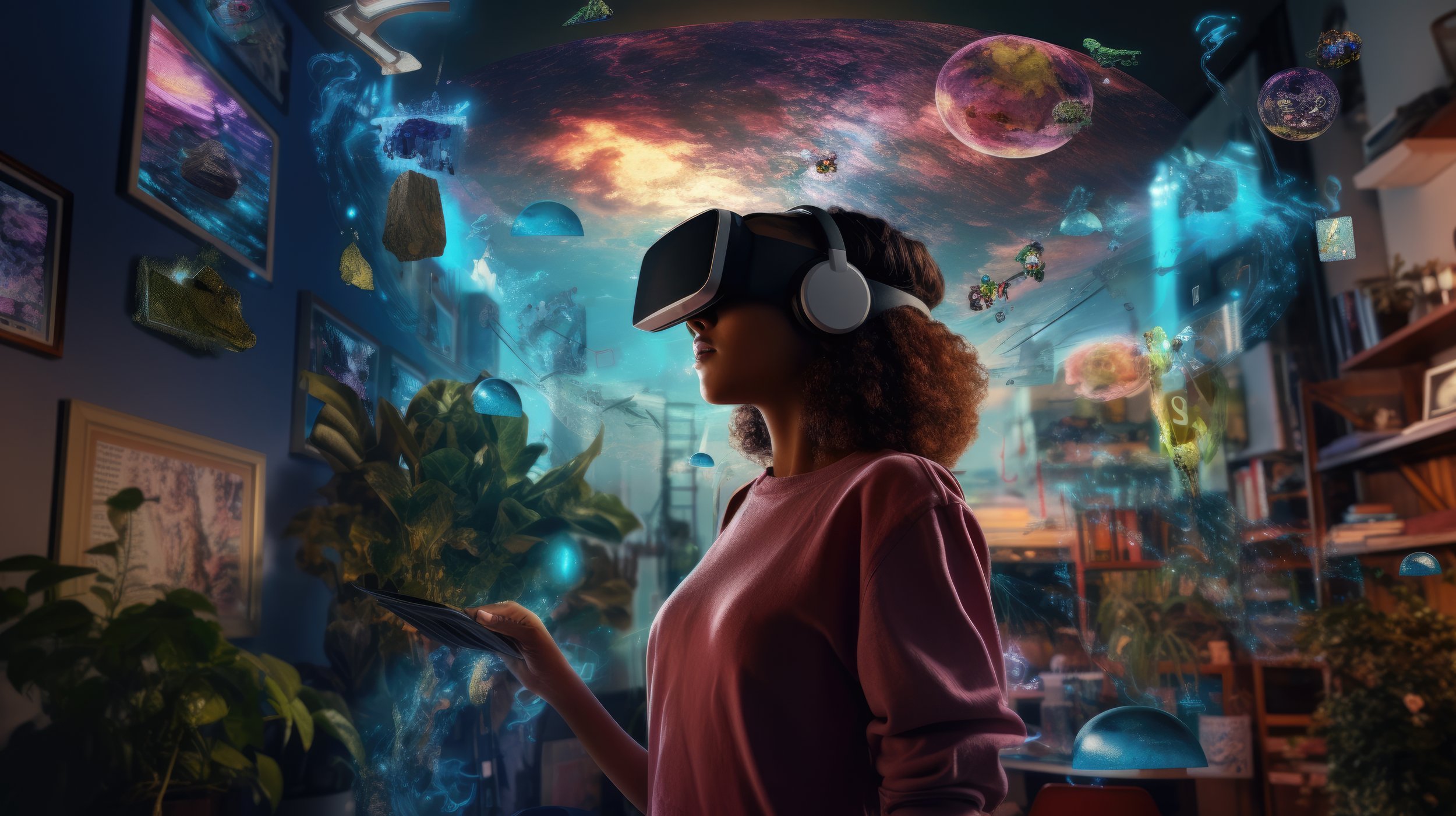
TechNews
Latest updates and insights on tech.
Gamified Employee Learning
Gamification is revolutionizing employee training by embedding game mechanics—like points, badges, and leaderboards—into learning experiences. This approach boosts motivation, knowledge retention, and overall performance by making training interactive and enjoyable. Employees are more engaged, receive real-time feedback, and often enjoy personalized and collaborative learning paths. The benefits include increased completion rates, enhanced team dynamics, and a continuous improvement mindset. However, successful implementation requires aligning gamification with learning objectives, using the right tools, and carefully balancing competition with collaboration. When done right, gamification becomes a powerful driver of engagement and professional growth in the workplace.
AR in Experiential Learning
Augmented Reality bridges the gap between theory and practice by creating immersive, interactive learning environments that enhance skill development and learning. Through location-based experiences and collaborative problem-solving scenarios, AR enhances engagement, fosters critical thinking, and improves knowledge retention. This technology enables educators to equip students with essential 21st-century competencies through hands-on digital experiences.
Augmented Reality: Transforming Learning
The traditional classroom often confines learning to textbooks and lectures, leaving a gap between theory and real-world application. Students struggle to connect abstract concepts to practical experiences, hindering skill development. Augmented reality (AR) emerges as a revolutionary tool, offering immersive experiences that transform the learning environment. This article explores the potential of AR for redefining experiential learning, focusing on its impact on skill development through interactive learning experiences. We examine how AR applications can create location-based learning experiences, promote problem-solving and critical thinking, and foster collaboration and communication skills. The article also addresses the impact of AR on student engagement and knowledge retention within an experiential learning framework. Challenges regarding accessibility, content development, and curriculum integration are discussed. By harnessing the power of AR, educators can create a dynamic and engaging learning environment, empowering students to develop the skills necessary to navigate the complex world of the 21st century.



